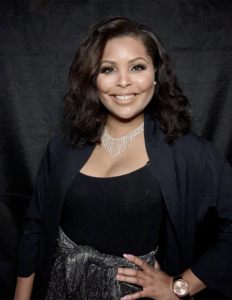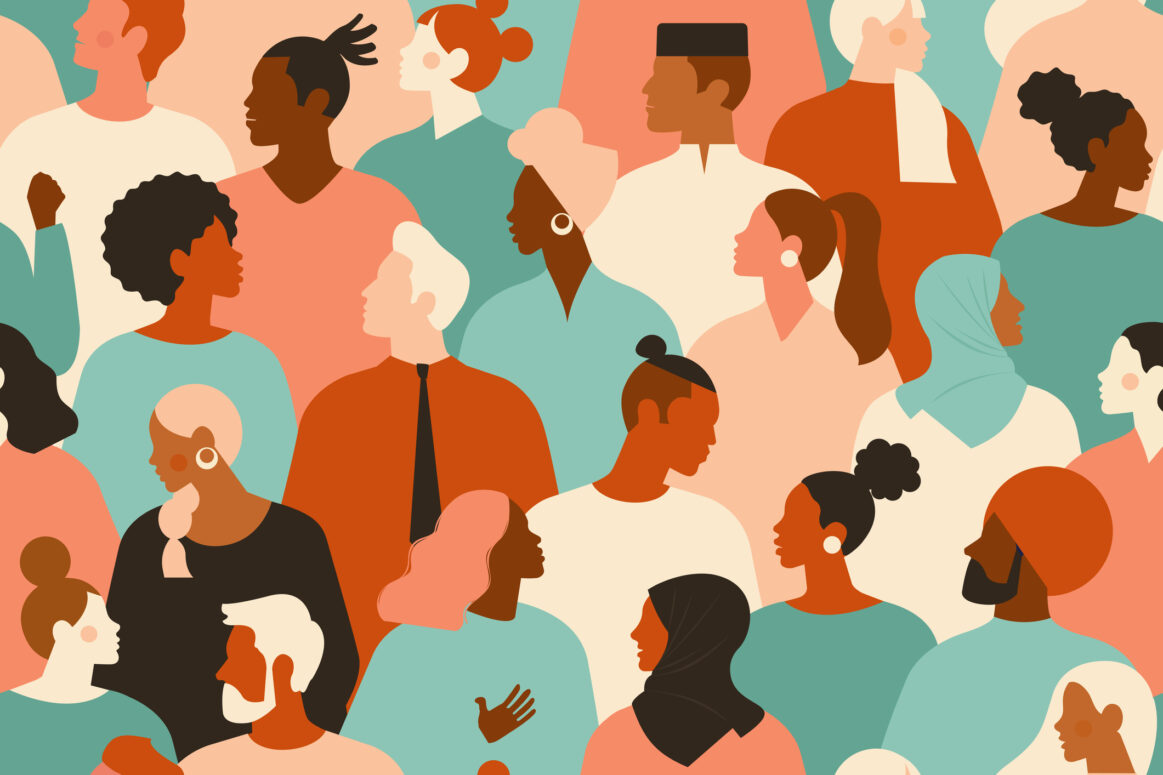
Kayla Johnson
By: Kayla Johnson
Microaggressions, or “everyday slights and insults that communicate negative messages to marginalized individuals, often unknowingly perpetuated by well-intentioned people,” as defined by Harvard professor Chester M. Pierce in the 1970s, happen constantly in every industry, even real estate.
It’s imperative in real estate that industry professionals understand what they are and how they manifest. Microaggressions could undermine our efforts toward fair housing and DEI.
Microaggressions in real estate are often subtle and unintentional actions or comments that marginalize or discriminate against individuals based on their race, ethnicity, gender, sexual orientation or other personal characteristics. These actions occur while a client buys, sells, or rents a property and are frequently overlooked or dismissed.
We work closely with our clients, and that closeness sometimes affords a sense of familiarity. When we’re familiar or comfortable with someone, we might not act as professionally as we could, and it could lead to unintentional harm.
Here are some examples:
-
- Asking someone what they’re “mixed with” or where “their people are from.”
- Calling a woman “crazy” or “intense.”
- Using phrases like “You’re so OCD…” or “That’s gay.”
- Touching someone’s hair—particularly a Black man or woman’s—without their consent or asking what their hair feels like.
- Telling someone of color that you wouldn’t have expected them to be interested in a particular neighborhood or home style or assuming they wouldn’t want to live in a particular neighborhood because it was predominantly of another race.
- Suddenly changing your phrasing or vernacular when working with a person of color—for instance, using AAVE (African American Vernacular English) when that’s not the norm for you.
- Mispronouncing someone’s name, even after it’s been pronounced for you.
- Assuming that because English is not a person’s first language, they are not proficient in it.
Language usage also plays a significant role in microaggressions. Using insensitive or offensive terms when describing neighborhoods or groups of people contributes to an unwelcoming environment. For instance, referring to a neighborhood as an “up-and-coming” community erases the experiences and displacement of long-standing communities. This kind of language further reinforces exclusionary attitudes.
Terms like “up-and-coming” might not seem offensive at face value, and we don’t use it in our industry to cause harm. Still, even if we do not intend to cause harm or offend someone, we must have the courage to examine our use of specific terms. One way to think about it is to put yourself in the shoes of the person whose neighborhood is now considered “up-and-coming.”
Microaggressions also emerge from making assumptions about cultural background or ethnicity. For example, asking someone of Asian descent where they are “really from” suggests their identity is invalid or they are outsiders. Such actions disregard their sense of belonging and circulate a narrative that their presence is abnormal. Microaggressions can also target individuals based on gender or sexual identity. Assuming that a same-sex couple is just friends or refusing to rent to a transgender person is discrimination and denies these individuals their right to equal treatment.
The impact of microaggressions in real estate is significant, shaping the experiences and opportunities of individuals and communities. They contribute to a climate of exclusion and reinforce existing social inequalities. As real estate professionals, we must educate ourselves on microaggressions and examine our own behavior. We’re in a people-centered business, and we don’t want to unintentionally make another person feel “othered” or uncomfortable because we don’t understand how our use of language affects them.
By actively engaging in education and training, implementing policies that promote diversity and inclusion and taking responsibility for our actions and words, we can contribute to the industry’s transformation. Resources like NAR’s Bias Override training are great places to start.
It’s also important to listen when our clients say they’re uncomfortable with certain phrasing, words or questions. If they have the courage to speak up, we need to offer them the respect and care of listening, offering an apology and looking inward to figure out how to move forward more inclusively.
Ultimately, it is a collective effort that involves everyone working together to build a just and equitable real estate environment for all individuals and communities.
Kayla Johnson is a licensed Missouri and Illinois real estate agent, I prioritize providing 3D service – dependable, direct, and defined – to families throughout the Metro Saint Louis area. I aim to earn your trust by delivering exceptional service and helping you navigate the world of homeownership.

Comments 5
You say here is affects buyers sellers and rentals, but a colleague has an air bnb and feels that she, the owner and the renters are being targeted and fairhousing said this doesn’t qualify because she’s running a business. That makes no sense to me. A single women owns a rental and the neighborhood is trying to get them kicked out and making up random rules against her.
Let’s be careful that new insights into human sensitivities are not used as excuses for common sense. I don’t think it’s your friend’s Gender, but as you say, “She’s running a business” is the key phrase, and the neighbors want a residential neighborhood.
Not what the neighbors bought into when they moved.
It’s like dropping a motel next door.
With condos, it’s worse. B&B clients trash the place and the common areas, as in pools and clubhouses. B&B’s are a way to make big $$$ at the neighborhood’s expense.
If you want the hotel business, buy a hotel, or a CONDO-HOTEL like we have here in FLORIDA.
B&B’s are great for the Owner, not the neighborhood, and as a REALTOR, I am for the NEIGHBORHOOD.
Mike
I’m not interested in playing psychologist… The term “microaggression” is overwrought gibberish. This type of rhetoric does nothing but hurt Realtors…
Thank you for the education! I really had no idea what “microaggressions” were and then unfortunately recognized I could easily teeter on the edge of that behavior ~Sherry
Interesting food for thought. It’s important how we come across. I wouldn’t want to unintentionally offend someone I’m trying to do business with. Without constantly feeling like I’m “walking on eggshells”, I can be more conscientious. However, I will disagree with’ mispronouncing someone’s name after they pronounced it for you’ as being a micro-aggression. Though it’s annoying to the person and they may be sensitive about it, it’s only human. As someone who has been learning another language for years, my tongue is trained a certain way and different from someone of another language. So some names and words are just much harder to pronounce. Making the effort to be able to say someone’s name shouldn’t be made to seem negative nor should they feel shamed for it. We just all do our best and keep learning and adjusting.